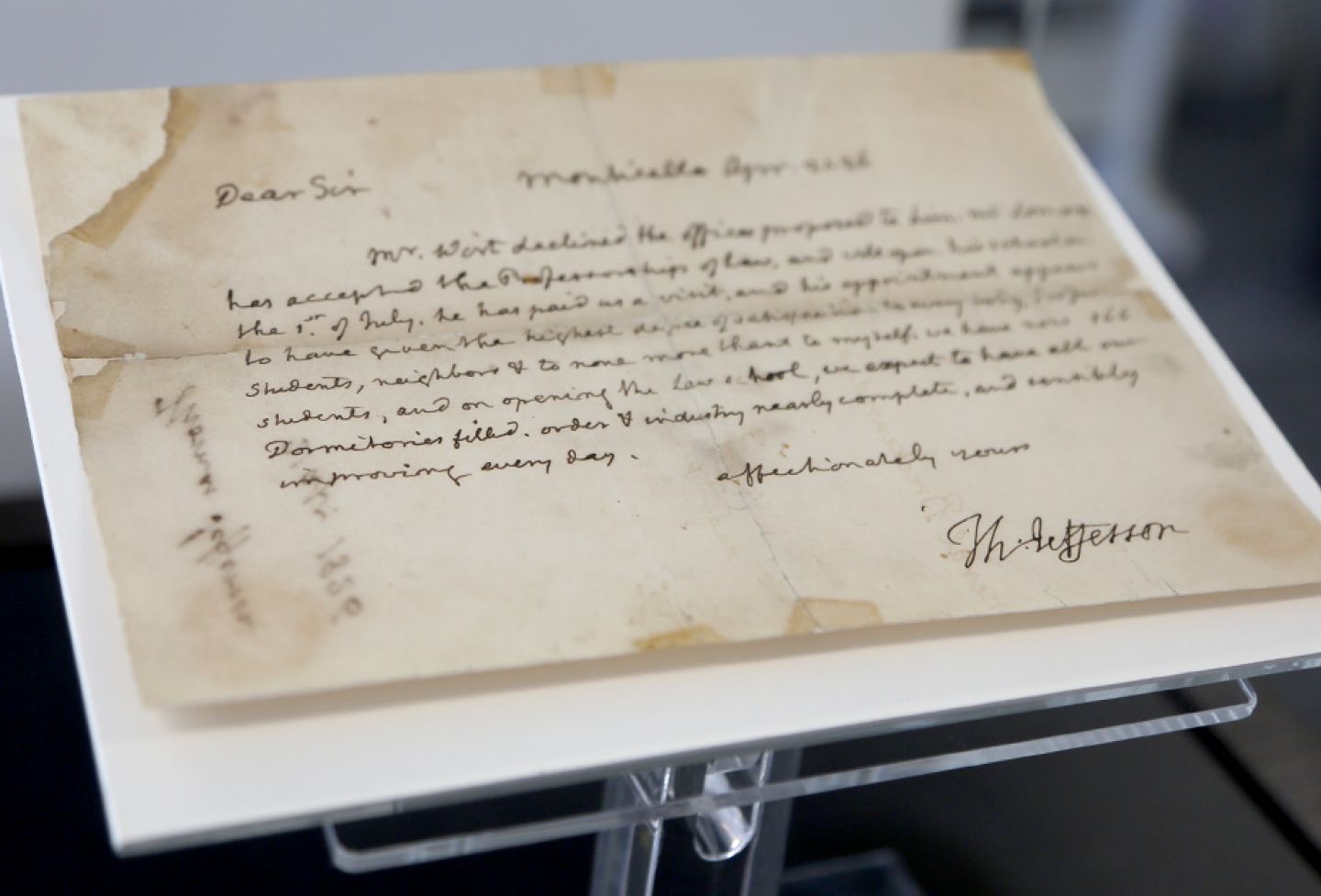US. Rep. Sean Patrick Maloney ’92, a member of the House Permanent Select Committee on Intelligence who questioned the first witnesses in the impeachment hearings in November, had a unique perspective as the constitutional process played out, ending in President Donald Trump’s acquittal in the Senate in February.
Maloney, who represents New York’s 18th District, was the only current member of Congress to have worked in the West Wing during President Bill Clinton’s impeachment — although 71 of his colleagues were in Congress at the time.
He was in his mid-30s when he served as staff secretary to Clinton, from 1999-2000. (He is among the youngest to have held that position.) Clinton was impeached in December 1998.
From within the White House, Maloney saw firsthand the toll impeachment took on Clinton — who, like Trump, was also acquitted — as well as on the office itself.
“There isn’t a day that goes by in the West Wing that the staff secretary doesn’t personally interact with the president,” Maloney said. “Having lived through this on the other end of Pennsylvania Avenue, I know the gravity of the situation and the high bar impeachment deserves. It is taxing on the office, and taxing on the public.”
The intelligence committee he now serves on handles whistleblower complaints and investigations, and oversees the activities of the intelligence community. The committee also reviews cybersecurity, election hacking and other threats from state and non-state actors.
“The committee is composed of a small group of members from across the country, all with varied backgrounds,” he said. “Many of us are lawyers, but some had distinguished careers in law enforcement and as security experts.”
Maloney’s professional experience includes serving as partner at two top law firms: Orrick, and Kirkland & Ellis.
Clinton was impeached on perjury and obstruction-of-justice charges connected to his sexual relationship with White House intern Monica Lewinksy. Trump was impeached on abuse of power and obstruction of Congress after the House found he solicited foreign interference from Ukrainian President Volodymyr Zelensky in the upcoming presidential election.
In Trump’s case, Maloney said, “He used taxpayer money and official acts to pressure a foreign government to help him win reelection by slandering a fellow American [political rival Joe Biden]. He threatened our national security. And, he tried to cover it up.
“These actions are unworthy of the presidency, and the evidence made it clear: He had to be held accountable.”
The cases were different in nature, but he said they both offer an ongoing lesson: “Impeachment must only be used to protect our republic for future generations. Impeachment should be a last resort.”
Maloney suspects history will vindicate the most recent decision to press forward — despite a foretold lack of will in the Senate to convict.
“I believe that, in a few weeks or a few years from now, it will all make a difference in the end,” he said. “Ultimately, it’s up to us to take back the powers constitutionally granted by Congress and demand that the voices of our constituents serve as a check to the power of the executive branch.”
He added that he is still optimistic about the future of America’s democratic institutions. The everyday contributions of U.S. Foreign Service officers and security professionals, including those who testified publicly in the House, give him hope.
More Stories on What’s Next for Democracy
- ’20 Questions with Trevor Potter ’82, President of the Campaign Legal Center
- Professor Deborah Hellman Examines Quid Pro Quo Demands
- Professor Michael Gilbert Says Study Reveals Impact of Voter ID Laws
- Democracy+UVA: Karsh Center Explores Key Issues, Professors in CLEAR
- Karin Lips ’09 Founded Org Supporting College Women Who Lean Right
- Is It Time to Rethink the ‘Marketplace’ and Our Tolerance for Falsity?
- Katie Townsend ’07 and Jennifer Nelson ’11 Protect Free Speech
- Professor Saikrishna Prakash’s New Book Examines Modern Executive Reach
- Professor Mila Vesteeg Looks at Executive Overstay Worldwide



